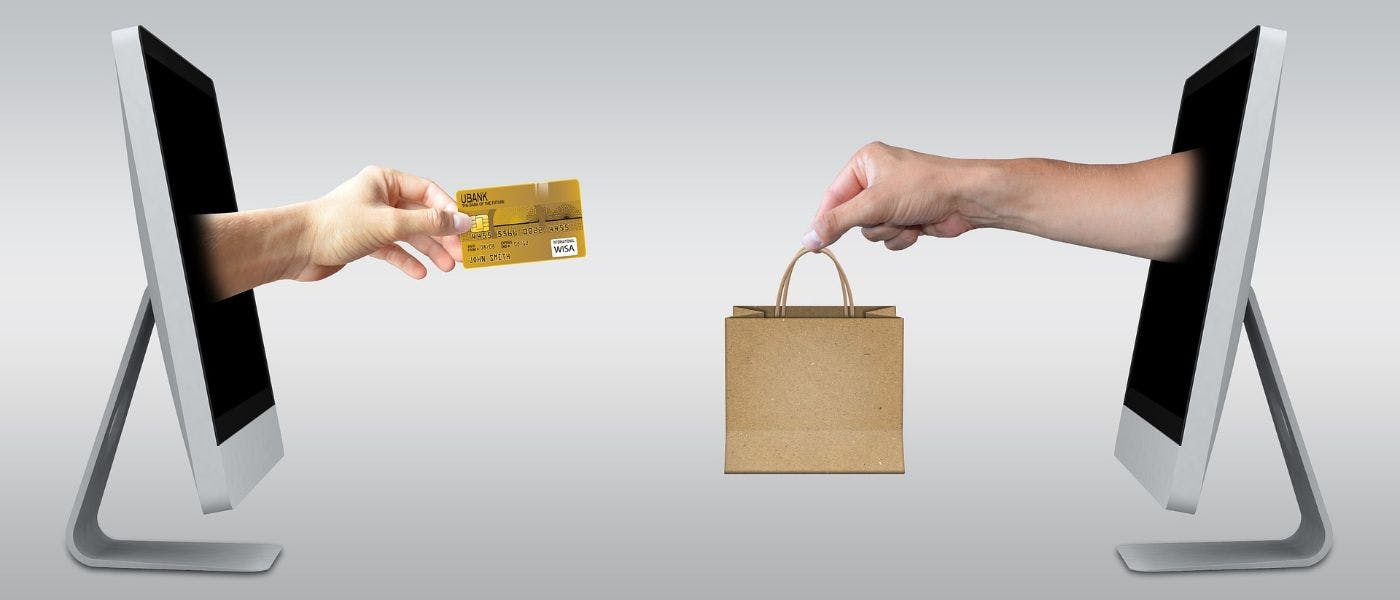330 reads
The Future of Retail: The Convergence of Physical and Online Stores
by
March 4th, 2023
Audio Presented by

Micheal Chukwube is a professional content marketer and SEO expert.
Story's Credibility

About Author
Micheal Chukwube is a professional content marketer and SEO expert.
